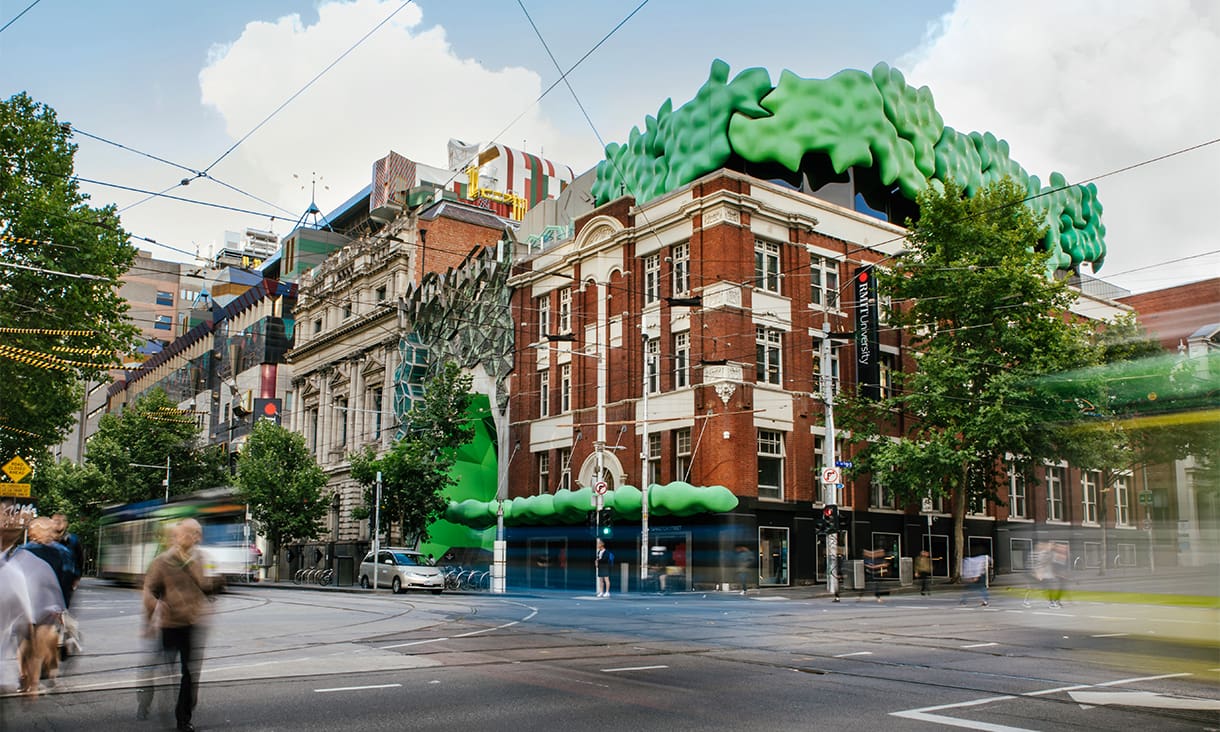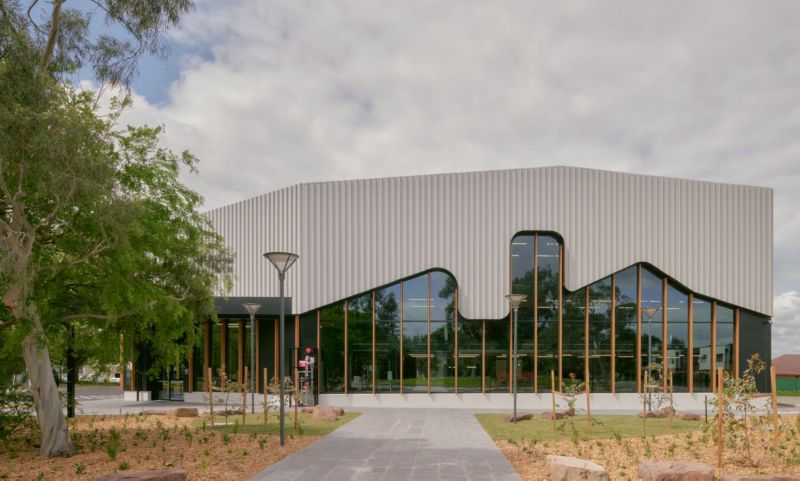How to become a project manager
Learn how to help other people work together towards a common goal (on deadline, under budget… ideally) .
How to become a property manager
Join in Australia’s thriving real estate sector with a people-focused career that’s always in demand.
How to become a carpenter
There’s more to carpentry than what you might remember from high school woodworking.















